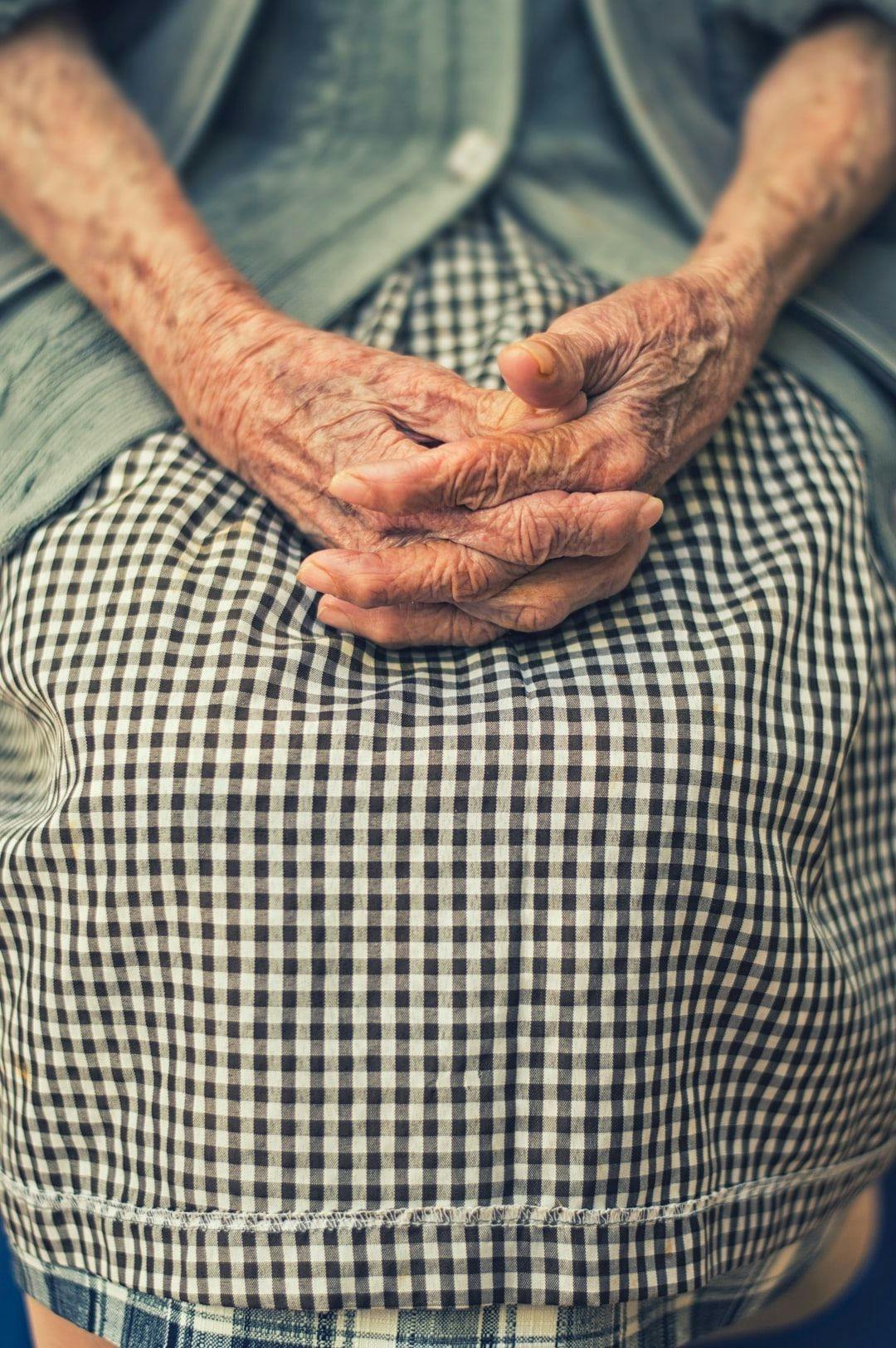147 reads
Is Big Tech 'Targeting' the Elderly a Point of Concern?
by
April 5th, 2022
Audio Presented by
Nonprofit organization dedicated to data-driven tech accountability journalism & privacy protection.
About Author
Nonprofit organization dedicated to data-driven tech accountability journalism & privacy protection.
